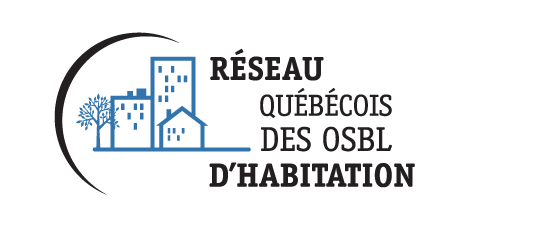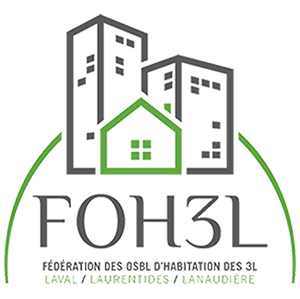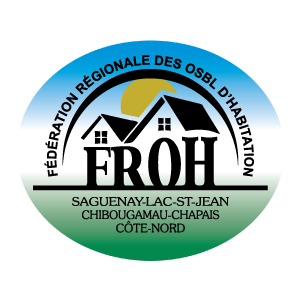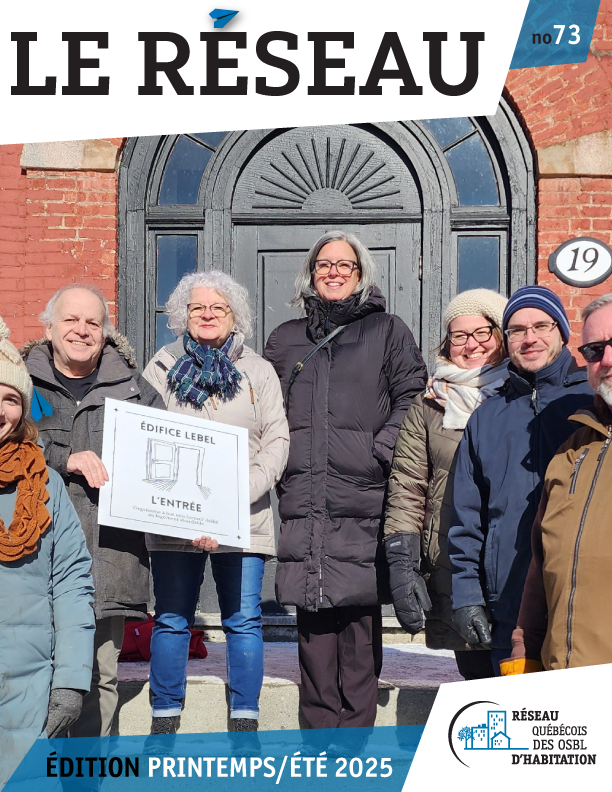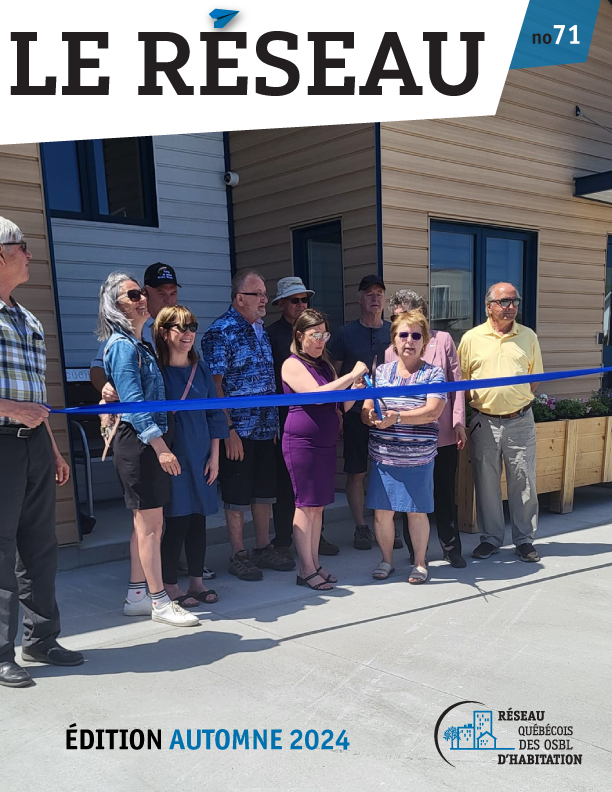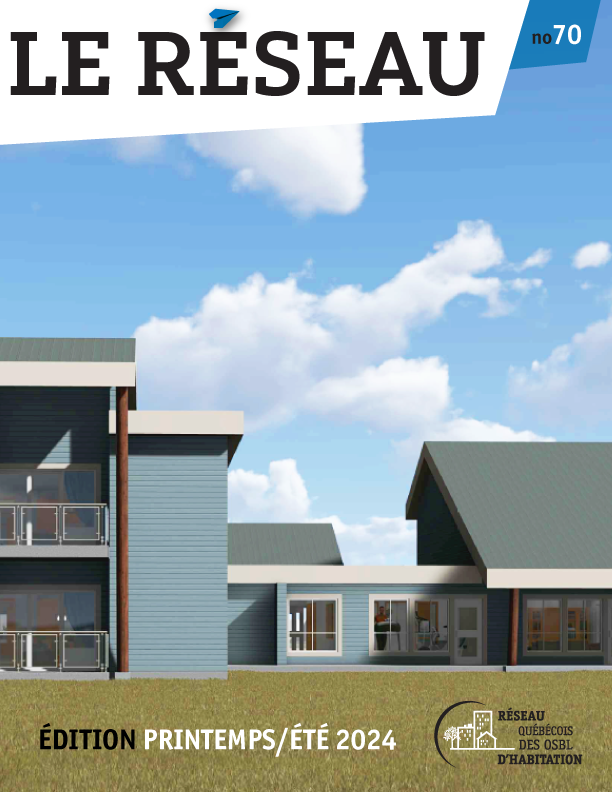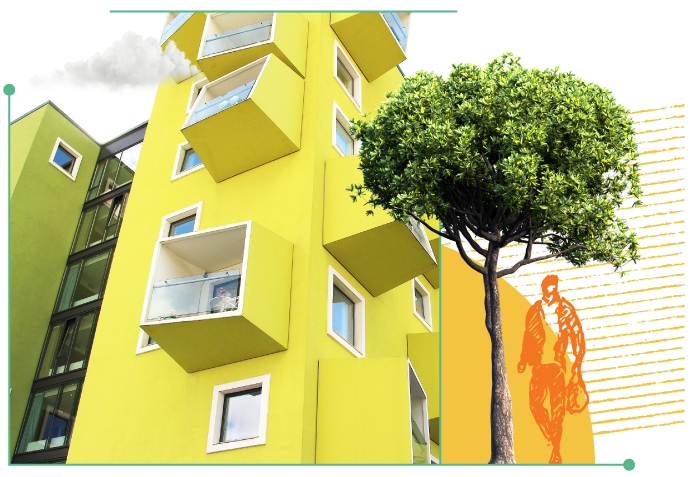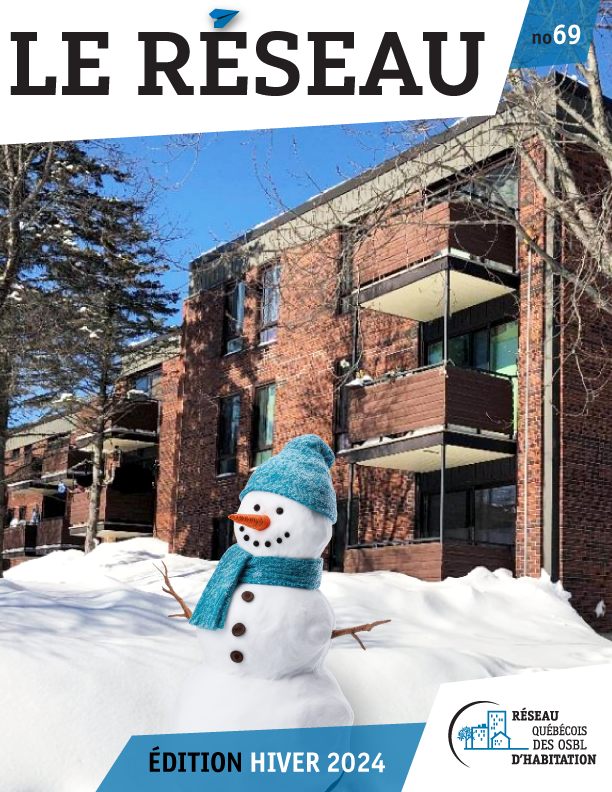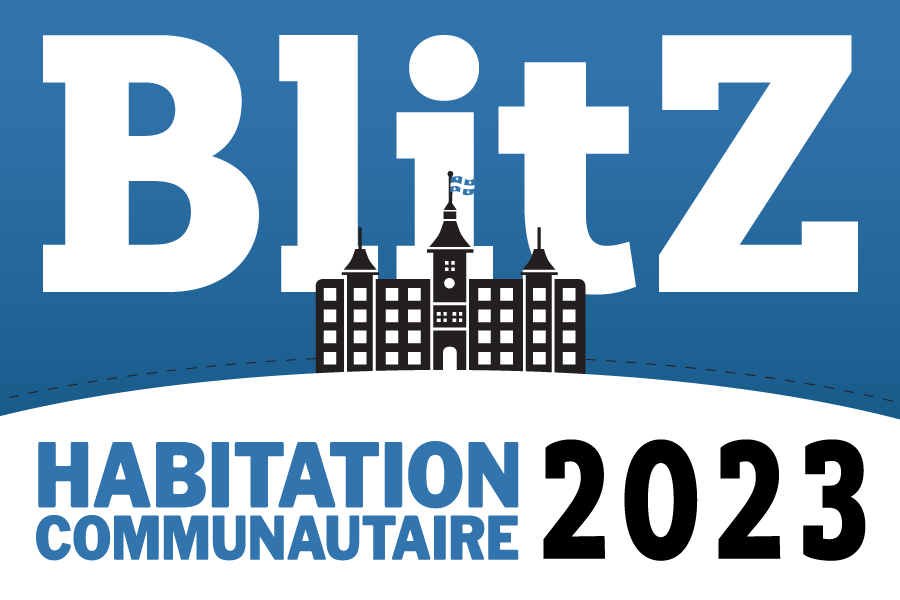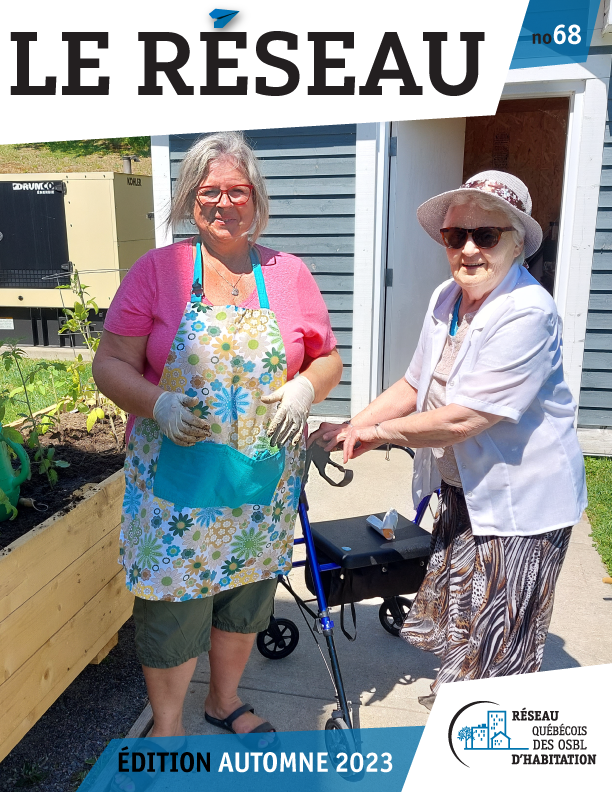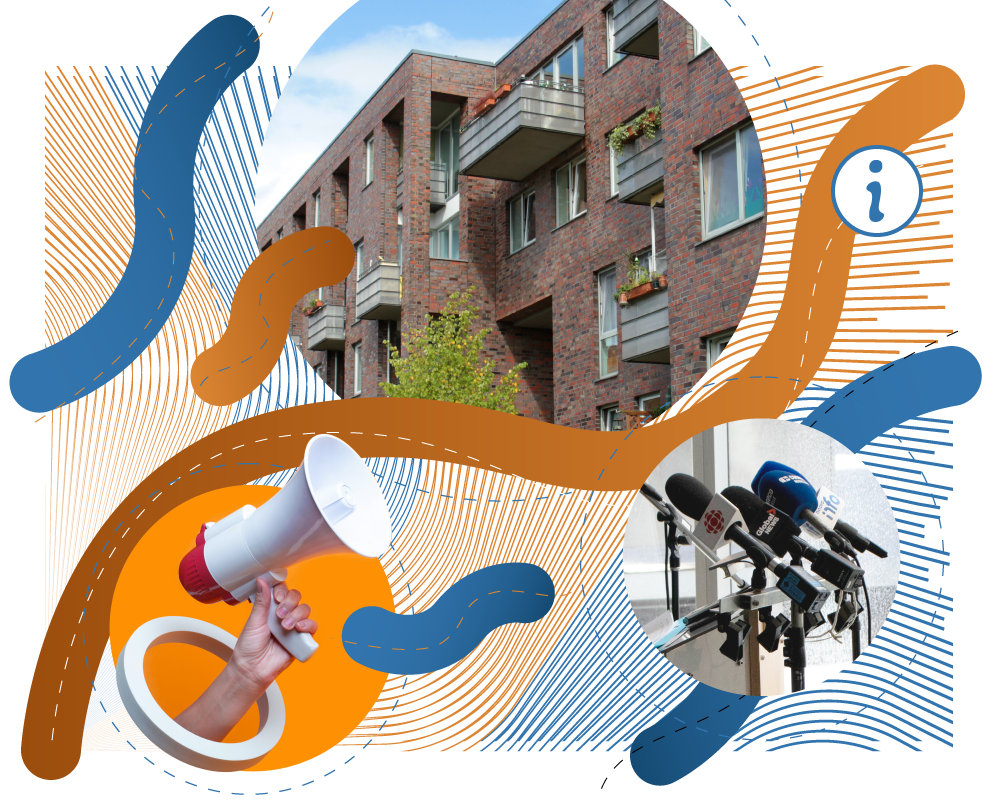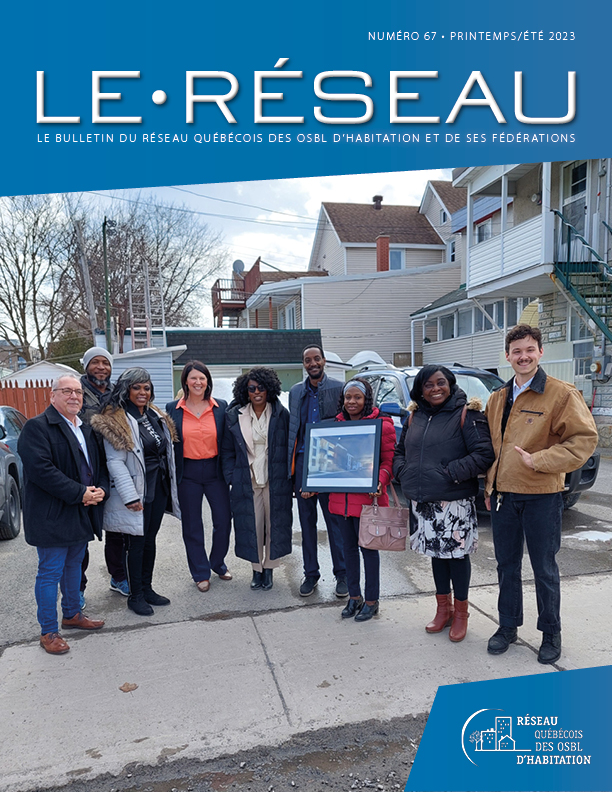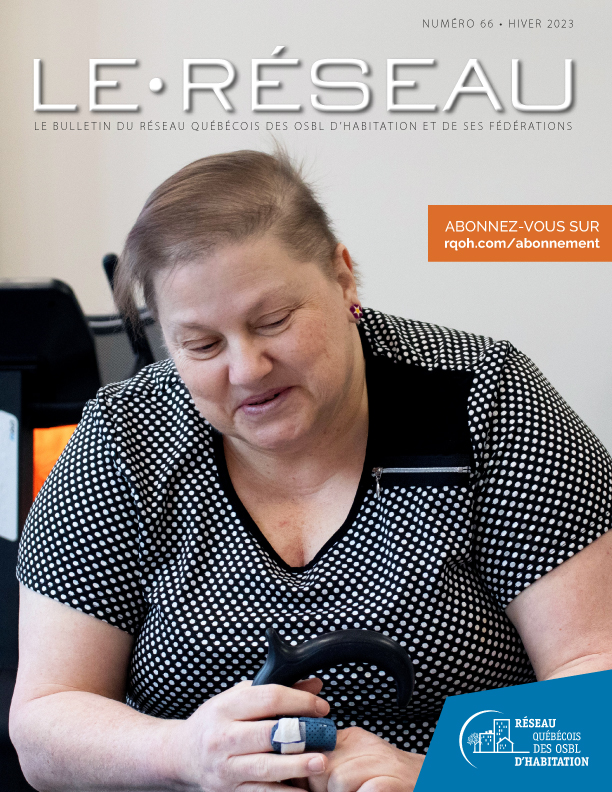We want to show you the progress of some of these builders who have been so actively engaged in their communities by presenting 18 portraits from all the regions of Quebec. Each non-profit included here agreed to tell a little of their history, as much for their resemblance to other projects as for their originality.
These citizens have many faces. These are young people and seniors, singles, couples or families; they are people in good physical and mental health, or who have lost their independence, they are victims of violence or emerging from homelessness. They have travelled varied paths but sought the same
destination: to have a decent home where security and peace reign.
Here you will discover social housing projects that were won after long struggles, finally became realities in their communities.
The whole network of Quebec’s non-profit housing now has more than 10,000 volunteers and 6,000 employees working to ensure sound financial and real-estate property management, provide community support to tenants and to offer a range of activities focused on their civic participation and their well-being.
The development of the non-profit network would never have been possible without the determination of the leaders of the different communities who have challenged public and private leaders, to persuade them to grant the funding and support needed to bring their projects to fruition.
We pay tribute to the contribution of the citizens who are engaged in their communities, the Canada Mortgage and Housing Corporation and the Société d’habitation du Québec, the cities and municipalities, financial institutions, the health and social services network. We also wish to acknowledge the work of technical resource groups, architectural firms, voluntary and charitable associations and the social clubs of cities and villages.
Without the commitment of all these actors, nothing would have been possible
The Réseau québécois des OSBL d’habitation and its member federations salute the work of these builders who have paved the way in their communities. Faced with ever-growing demand, we remain concerned, however, about the need to develop new units and ensure the sustainability of existing buildings whose agreements are expiring. In short, much work remains to be done.
For now, it is with a sense of pride and accomplishment that we invite you to browse through these portraits.
Isabelle Leduc
Chairperson (until late 2016)
Réseau québécois des OSBL d’habitation
